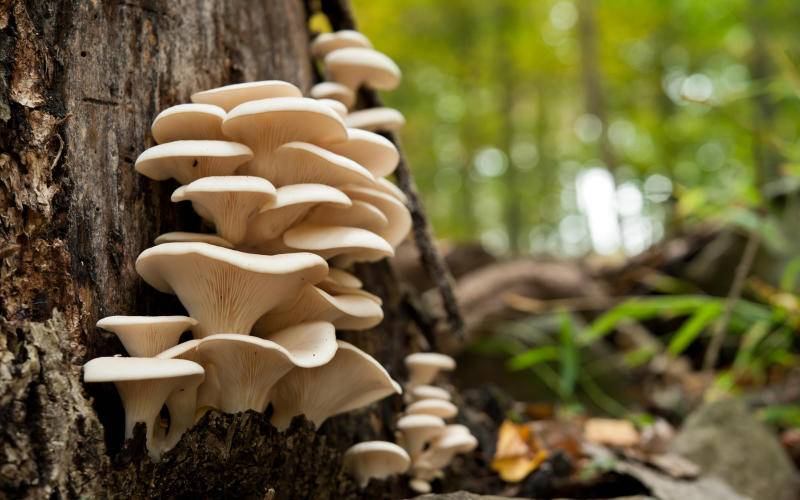×
The Standard e-Paper
Kenya’s Boldest Voice

A healthy-looking clutch of fresh oyster mushrooms growing out of the base of a dead tree.
The mushroom is an edible fungus that can be cultivated or found in the wild, however, it needs to be foraged carefully to ensure they are safe to eat.